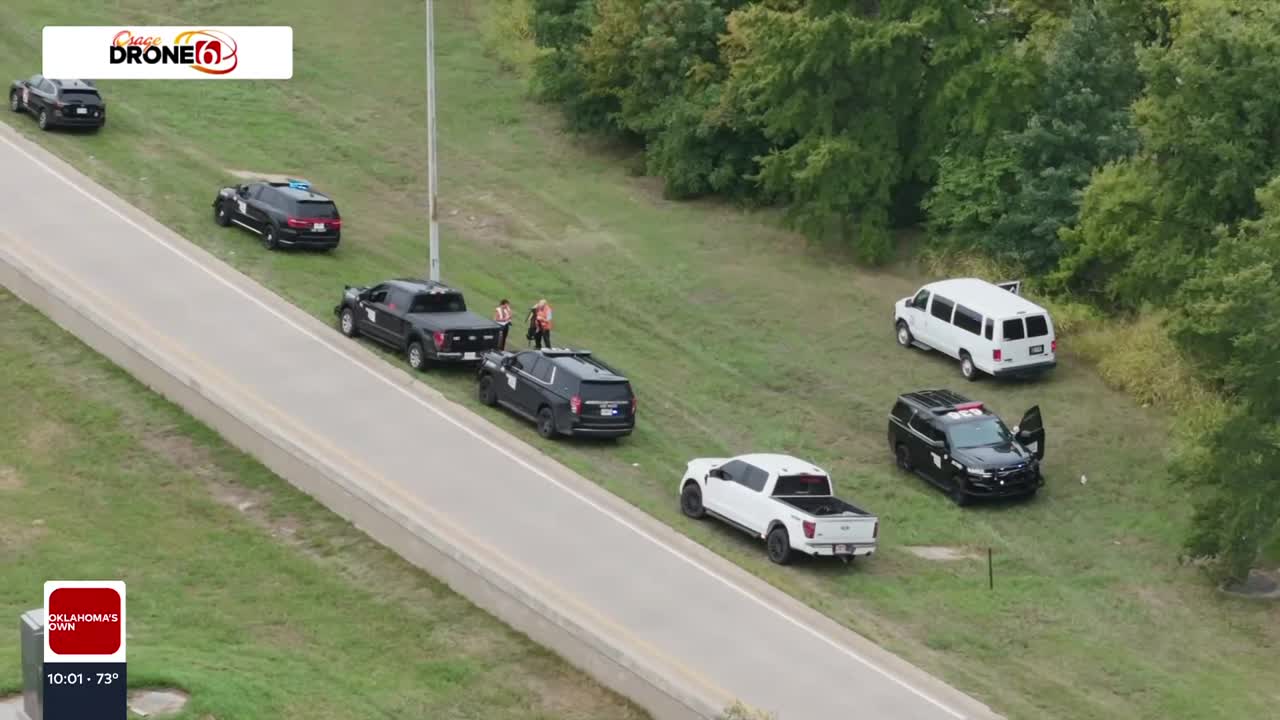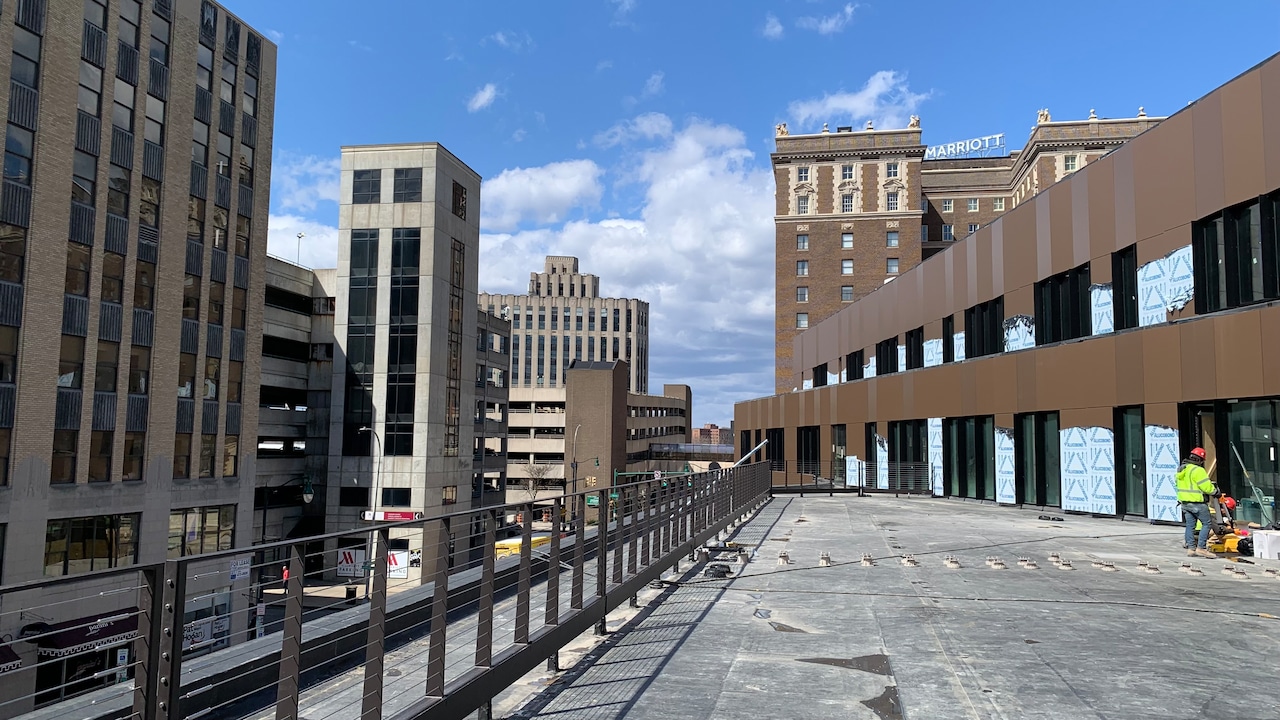"Clearing the Streets: Local Entrepreneur Backs Controversial Homeless Camp Cleanup Efforts"

Tensions are rising in Tulsa as Governor Kevin Stitt's Operation SAFE sparks debate about homelessness and urban policy. While some local business owners applaud the state's aggressive approach to clearing homeless encampments near highways and overpasses, Mayor Monroe Nichols warns that the operation may be creating more challenges than solutions.
The controversial initiative, which deploys state troopers to remove homeless individuals from state-owned properties, has divided the community. Business owners argue that the encampments pose safety and aesthetic concerns, supporting the state's decisive action. However, Mayor Nichols contends that simply relocating vulnerable populations fails to address the root causes of homelessness.
As the standoff continues, Tulsa finds itself at a crossroads, weighing immediate urban management against long-term humanitarian considerations. The Operation SAFE approach highlights the complex social dynamics at play when addressing homelessness in urban environments.








